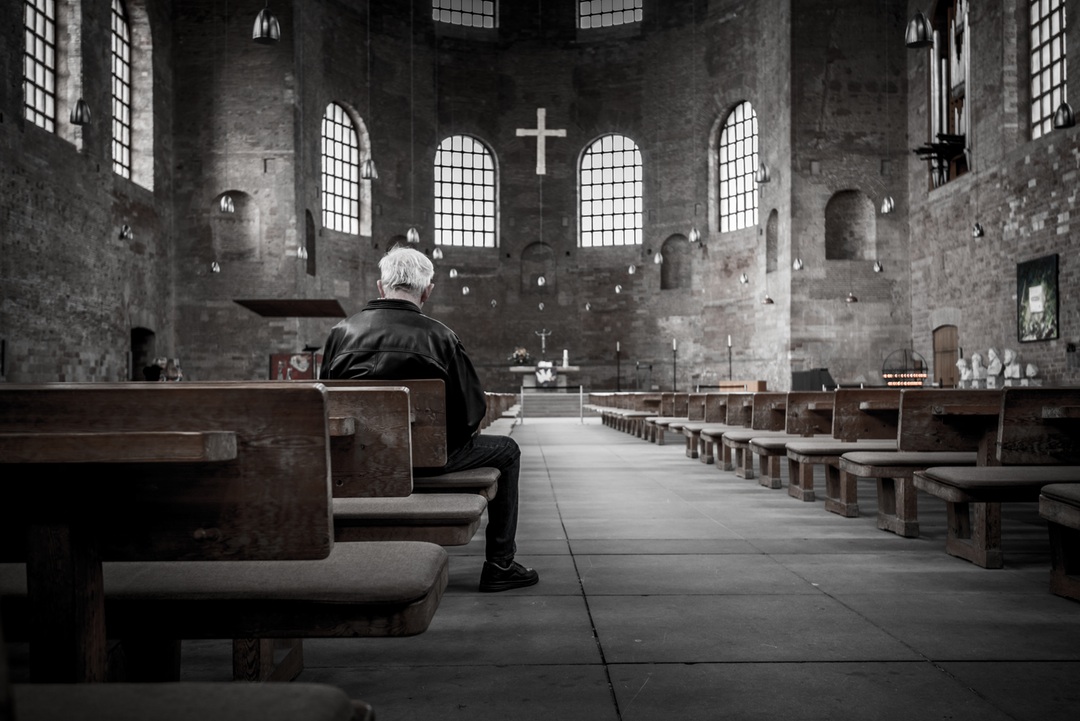Your Life is a Work of Art Part 1
April 11, 2016
Waiting in Wonder Part 1: The Pain of Waiting for Answers to Prayer
April 11, 2016Does the posture you take when praying make a difference in the outcome?
Misconceptions
Growing up, I used to think so. I suffered from the misconception that my physical posture made a difference in how quickly and how accurately God answered my prayers. Kneeling was the standard posture of prayer for me, but if I really wanted to show God I meant my prayer, then lying face down on the floor would do it.
I must have given God a good laugh.
The Right Posture
If the posture you take when you pray makes a difference to God, then God would be like a dog that you could train and manipulate. But God is not a Dog (even thought that’s His name spelled backwards). God does not bend to our tricks. So to answer the question, of whether our posture makes a difference in prayer, the answer is a resounding “No”…but it is also yes.
No, because you can’t manipulate God. Yes, if you take the perspective that prayer is about how you change as you wait for God’s ultimate answer to your petition.
The right posture in prayer is not physical, but rather a posture of the heart. It is being open to what you can learn from your current situation. These moments are seldom pleasant. In fact they are often uncomfortable and painful. Some have described these painful and uncomfortable moments as a liminal space.
Transformation
Liminal space is where you become aware of what God is doing in your life. It is the place where you awaken to the endless possibilities of your future. My friend Samir in his book “It’s Really All About God” describes these transformative experiences as “thin places”. It is where heaven and earth come together and we get a glimpse of the infinite possibilities that await us. He writes, “Thin places are stopping places where we, for at least a moment, step into what lies beyond the doorway of the world limited to our five senses.” (Pg. 24, It’s Really All About God). It is precisely in these uncertain circumstances, that you are invited to see the world as God sees it. It is in this space where you learn to let go of the things you need to let go of, in order to grasp on to new things. Sometimes we hold onto things that pull us back, instead of leading us toward a better future.

